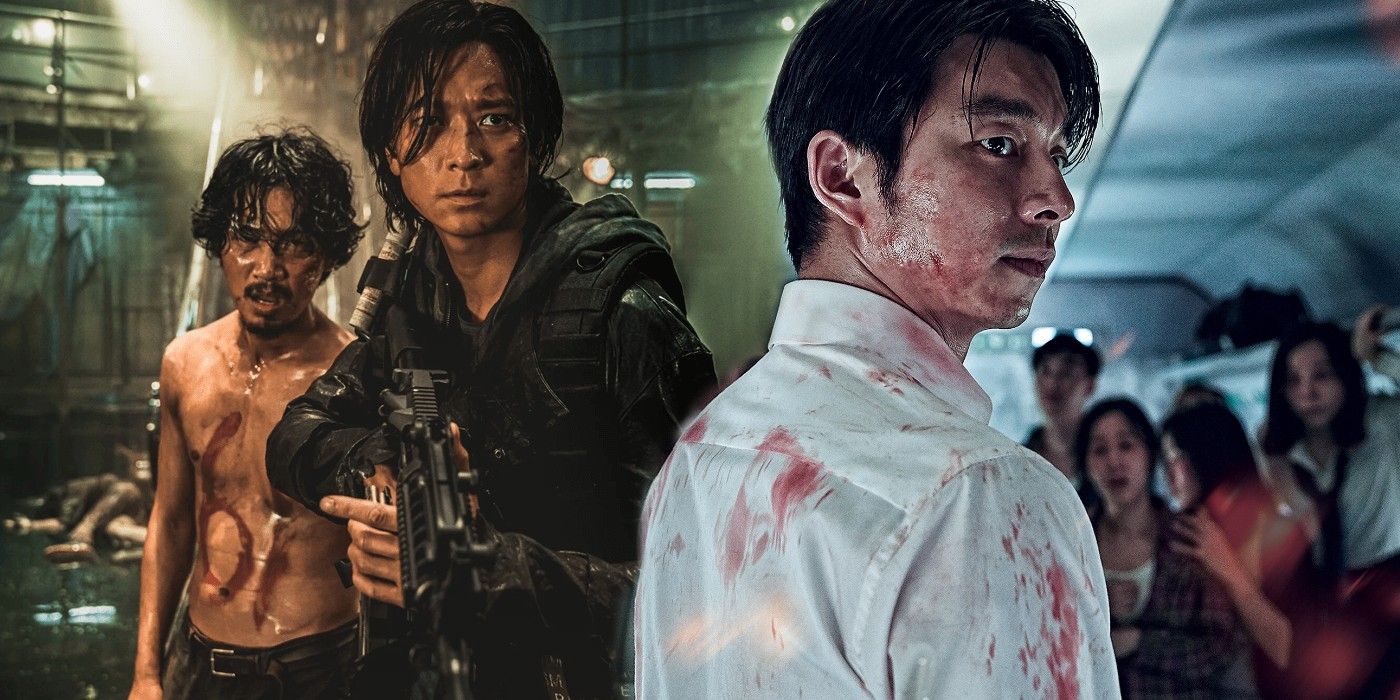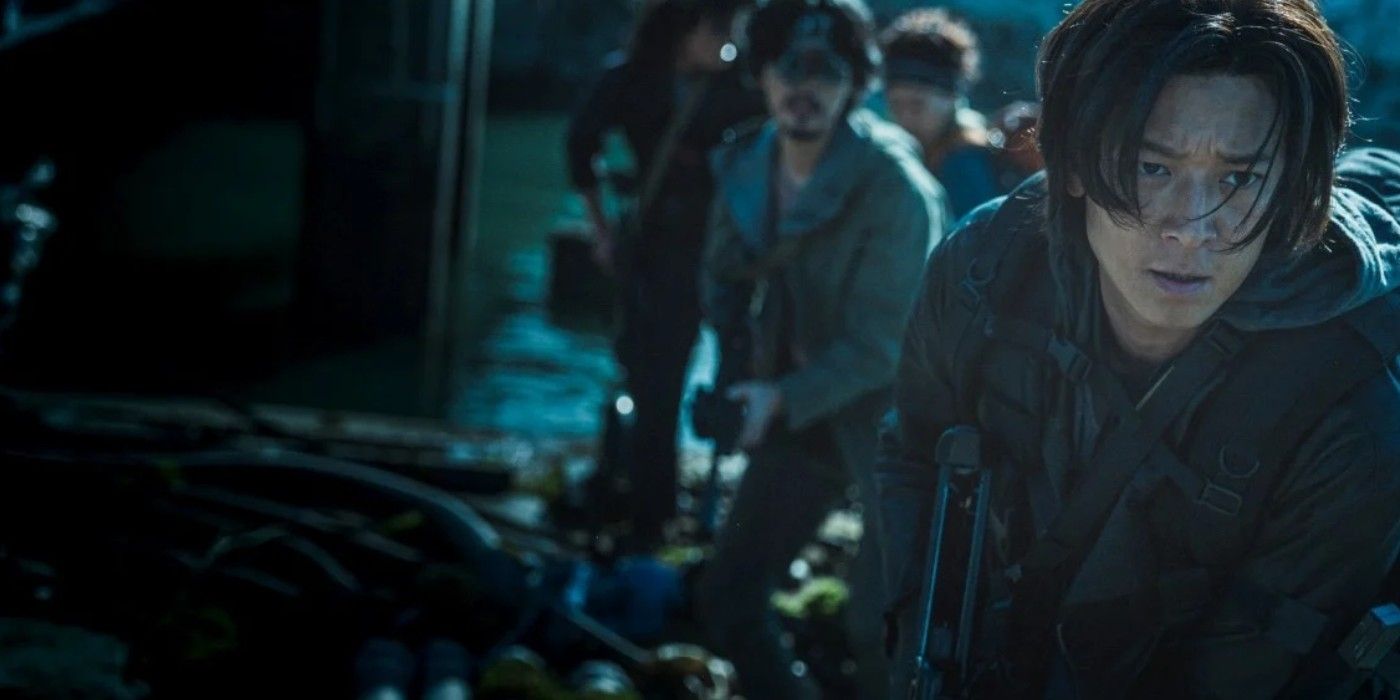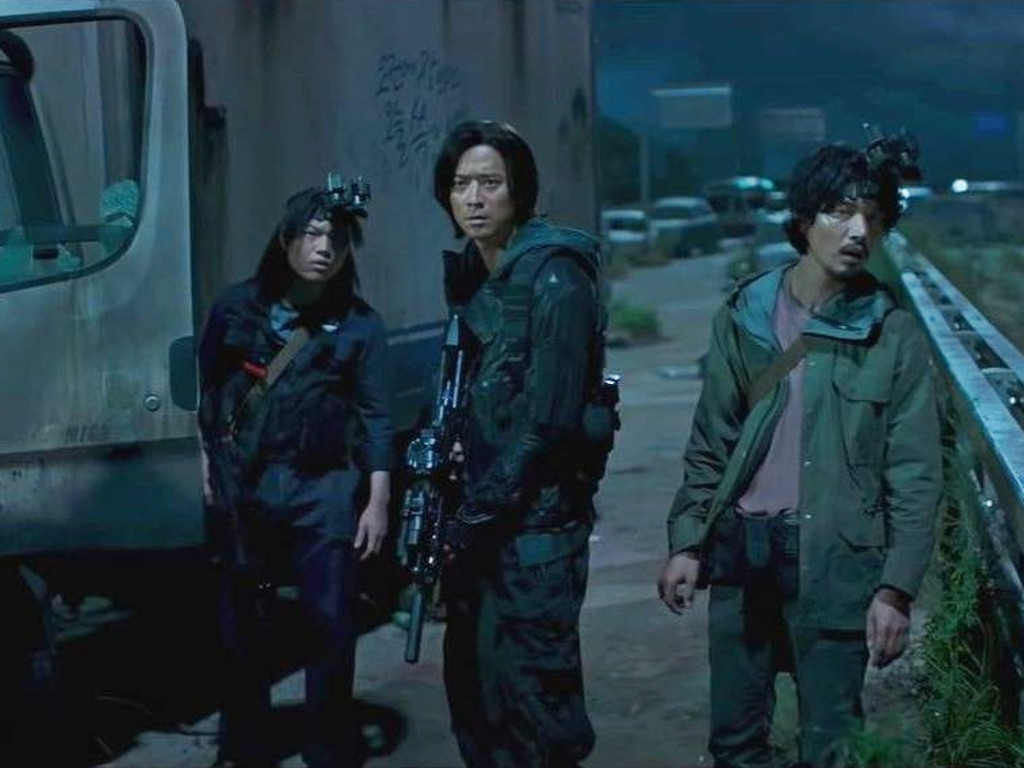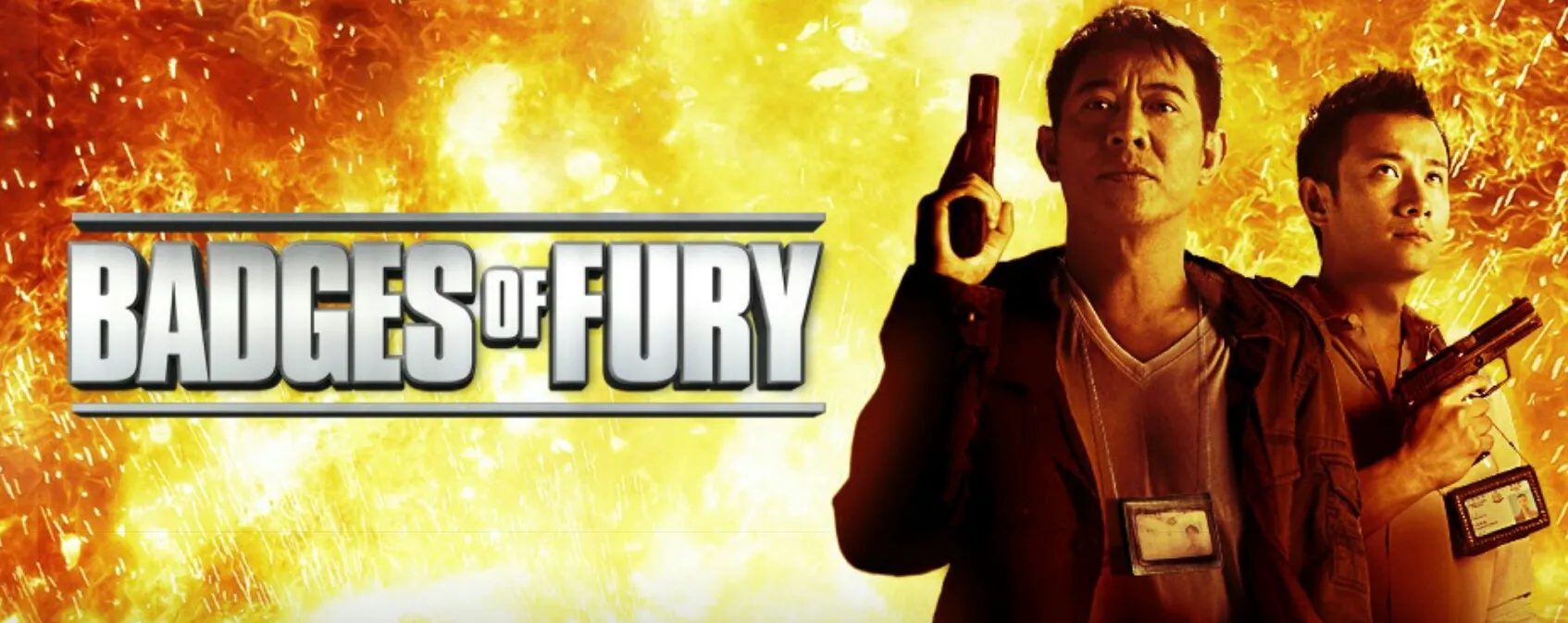Film Review: Peninsula (2020) – A Garish Zombie Heist with Mixed Results
Peninsula, also known as Train to Busan Presents: Peninsula, is the 2020 standalone sequel to the beloved South Korean zombie thriller Train to Busan (2016), both written and directed by Yeon Sang-ho. While visually ambitious, the film swings for grandeur—only to divide critics and fans on its emotional core and CGI-heavy execution.
Set four years after the outbreak, humanity in South Korea has crumbled into an irradiated wasteland. The story centers on Jung-seok (Gang Dong-won), a former Marine living in exile, who is coerced back into the quarantine zone for a high-risk heist: recover $20 million abandoned in the deserted capital. Accompanied by his brother-in-law Chul-min and a ragtag crew, Jung-seok must outsmart rogue militias and new zombie hordes reminiscent of a post-apocalyptic action saga

Yeon Sang-ho replaces the confined tension of his first film with expansive, high-budget set pieces: frenetic car chases, drone assaults, and CGI-drenched cityscapes. The direction draws inspiration from war and driving epics—Mad Max, Fast & Furious, even Army of the Dead—focusing on spectacle over character . Cinematography captures rolling zombie climbs, vehicle mayhem, and decay-washed skylines, creating a dark, dystopian tableau.
Dong-won Gang’s Jung-seok is a brooding warrior haunted by a moral decision, though his emotional arc feels shallow compared to his predecessor’s Suk-woo in Train to Busan . Secondary characters—militant rogue soldiers led by Kim Min-jae’s Sergeant Hwang, and a resourceful mother-daughter duo—offer glimpses of human resilience, but critics argue these moments fall flat amid the action glut
Lee Re, as the drift-driving teen, earns praise for adding kinetic humanity during a standout chase sequence .
The film attempts to probe themes like desperation, greed, and survival, with intermittent social commentary—stumbling due to its franchise connection. Critics note the attempt to explore moral jeopardy is overshadowed by chaotic set pieces, diluting the emotional resonance that defined its predecessor .

Box Office: The film grossed $42.7 million on a $16 million budget—notably less than the original but respectable given the pandemic release
Critical Reviews: With a 55% Rotten Tomatoes score, critics cited its derivative action-heavy approach and CGI overuse . LA Times highlighted the shift from human drama to spectacle, comparing it unfavorably to George Romero’s thematic depth . South China Morning Post called it “cartoonish” and emotionally flat
Audience Feedback: Reactions are divided. On IMDb, some appreciate it as “fun popcorn zombie action” while others lament its lack of soul and weak CGI—nicknaming it a "cash-grab sequel" .

Peninsula redefines the Train to Busan universe as a sprawling post-apocalyptic heist with impressive action sequences and high-energy spectacle. However, the film’s strengths—dazzling visuals, car chases, and drone combat—fall short of its predecessor’s emotional resonance. Fans of action-horror might find it slick and entertaining, but those craving the tense intimacy and character depth of Train to Busan may be left unsatisfied.


